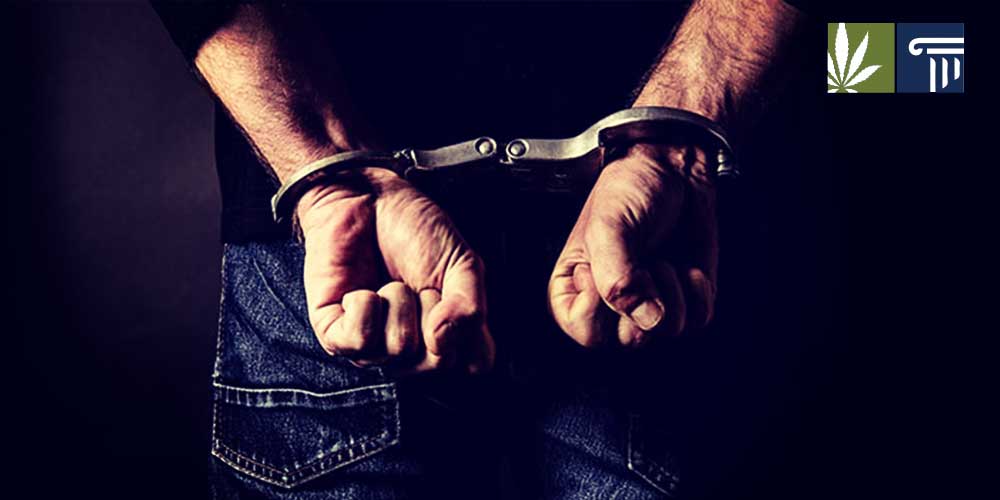In Alabama, black people are four times more likely than whites to be arrested for marijuana. The home state of Jeff Sessions, the former attorney general and outspoken opponent of legalization, also has some of the harshest marijuana laws in the country. A majority of Americans, including Republicans generally, now support legalization, but among Alabama’s evangelical Christians, opposition to legalization remains high, even as evidence mounts that cannabis can be an effective treatment for opioid abuse, which is a public health crisis in the state.
Disparate Enforcement
The Alabama Appleseed Center for Law and Justice, together with the Southern Poverty Law Center (SPLC), recently published a report on Alabama’s disparate enforcement of its marijuana laws. Among the findings:
• Police in Alabama made 2,351 arrests for marijuana possession in 2016.
• Alabama and its municipalities spent an estimated $22 million to enforce the prohibition against marijuana possession in 2016.
• Despite studies showing black and white people use marijuana at the same rates, black people were approximately four times as likely to be arrested for either misdemeanor or felony marijuana possession.
• The enforcement of marijuana possession laws has created a crippling backlog at the state agency tasked with analyzing forensic evidence in all criminal cases, including violent crimes.
In addition, “The overwhelming majority of people arrested for marijuana offenses from 2012 to 2016–89 percent–were arrested for possession.” Possession of “marihuana,” as Alabama spells it, is a misdemeanor in Alabama, with a penalty of up to a year in jail and a fine of $6,000. A second bust is a felony, with a penalty of up to 10 years in prison and a $15,000 fine.
Alabama’s Private Prisons
Alabama’s incarceration rate is higher than that of the United States generally. Alabama ranks fifth, behind the District of Columbia, Louisiana, Georgia, and Oklahoma, as the jurisdictions with the highest incarceration rates. Last year, the SPLC published a report titled: Private Prisons: The wrong choice for Alabama. Among the findings: those placed in private prisons are more likely to reoffend:
People confined in private facilities are more likely to commit another crime after they’re released than those housed by the state. A study of Minnesota prisoners released between 2007 and 2009 found that people incarcerated in private prisons were 13 percent more likely to be arrested again, and 22 percent more likely to be convicted again compared to their counterparts released from state prisons. A study of Oklahoma prisons similarly found that imprisonment in a private facility increased the likelihood a person would go on to commit another crime after release by up to 17 percent. If privatization is touted as a way of improving performance, private prisons fail on the most basic measure of a prison’s effectiveness: rehabilitation.
Despite these arguments, Al.com also reports on how one private prison corporation, GEO Group, has made inroads into the state’s prison complex via the legislature.
Alabama’s Evangelicals
A poll conducted by barna.com indicates that “practicing Christians (43%) are more likely than average to believe all drugs should be illegal, and evangelicals are more than double the national average at 66 percent.” The percentage of Alabamans who self-identify as evangelical Protestants is around 50 percent.
Meanwhile, Alabama recently took first rank among the states in a statistic relating to the nation’s opioid crisis. More opioid prescriptions were written per person in Alabama than in any other state. Studies have shown that medical cannabis is a promising, low-risk option for help with quitting opiates. Nevertheless, Al.com reports that key Republicans in Montgomery have kept legislation to decriminalize or legalize from passage.






